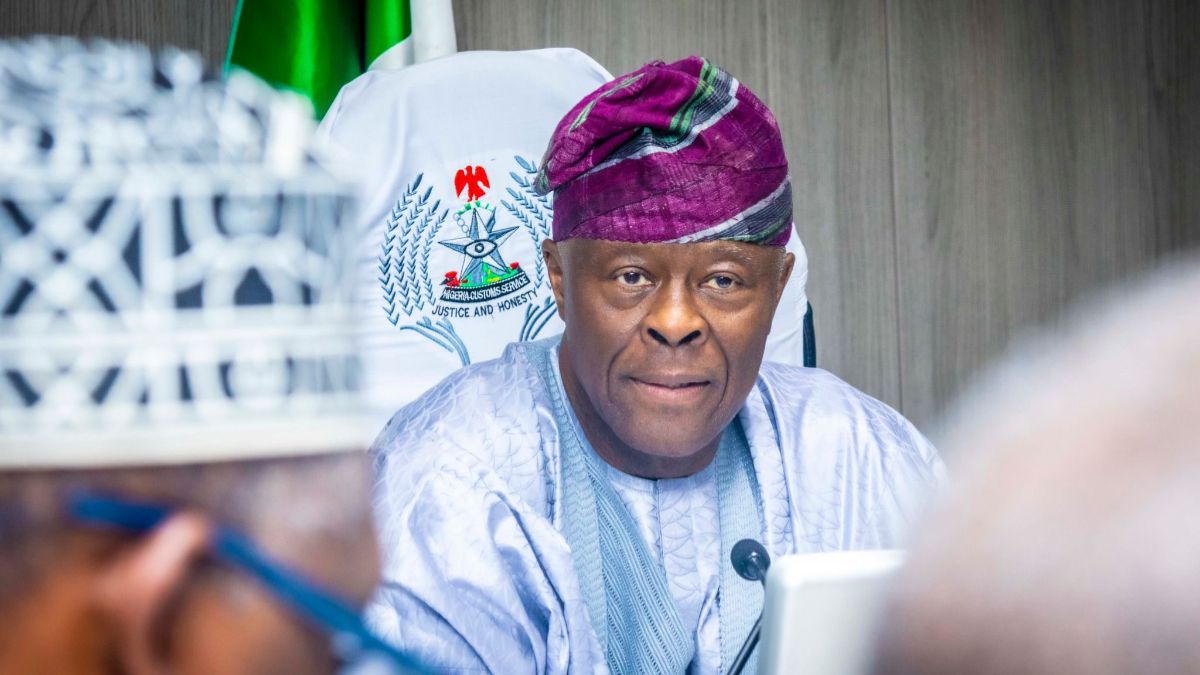The Federal Government has declared that the removal of petrol subsidy has more than doubled revenues accruing to state governments, giving them greater financial capacity to meet pressing development needs.
Coordinating Minister of Finance and the Economy, Wale Edun, disclosed this at the National Health Financing Dialogue held in Abuja on Thursday, September 3, stressing that though the move was painful, it has restored economic confidence.
“The removal of the subsidy was a tough decision, but it has restored confidence in the economy. The states now have more than double the money they had before, and so they can provide their own contribution in important areas and others,” Edun stated.
Edun explained that the fuel subsidy, which consumed about 2.5 percent of the nation’s GDP, disproportionately benefited a privileged few and even foreigners, while starving critical sectors of funding.
“The opportunity cost of the fuel subsidy was that there wasn’t enough money for investments in healthcare, education, and other sectors.
“Therefore, it is taking time to recover the type of investments that have been lacking over the years,” he said.
The removal, implemented by President Bola Tinubu’s administration in May 2023, pushed petrol prices to over ₦1,000 per litre nationwide before stabilising below ₦900 in recent months.
Inflation, which spiked to 27 per cent last year, eased slightly to 21.88 per cent in July, while food inflation dropped to 22.74 per cent from a high of 39.53 per cent year-on-year.
Rising Revenues for States and Health Financing
The minister pointed to recent Federation Account Allocation Committee (FAAC) distributions as evidence of the financial turnaround.
In June, ₦1.818 trillion was shared among the Federal Government, states, and local councils, an increase of ₦1.39 trillion. By July, the figure had risen to ₦2.001 trillion.
“These reforms were meant to build a competitive economy for every sector and for investors to thrive. Apart from addressing decades-old macro-economic distortions, we now have an attempt to build the government’s savings to enable public investments in assets and critical sectors,” Edun said.
Speaking on the purpose of the dialogue, Edun emphasised that higher revenues enable greater investments in the health sector, which is crucial to national growth.
“Health is wealth. Our success in the healthcare sector requires a coordinated system that mobilises pools and allocation of financial resources to ensure that we have equitable access to health for our population and the required investments in medical services,” he noted.
He added that training of more primary healthcare practitioners was ongoing and that improved management of health services was being prioritised across the country.
Partnerships to Drive Growth
Edun called for stronger partnerships between government, private investors, and philanthropists to bridge financing gaps in health.
“We know that Mr Bill Gates, the philanthropist, said that it is when the public and private sectors create a gap that the philanthropy sector can come in. The philanthropy sector is also critical for financing the health sector,” he remarked.
According to him, Tinubu’s reform agenda is geared towards inclusive growth and ensuring that the impact of recovery is visible “in the clinics, communities, and of course in the households.”
He concluded by reaffirming the administration’s commitment to bold fiscal steps: “Important and bold fiscal steps continue to be made to restore stability and make sure that the gains from the economic recovery are felt where it matters most.”
>
